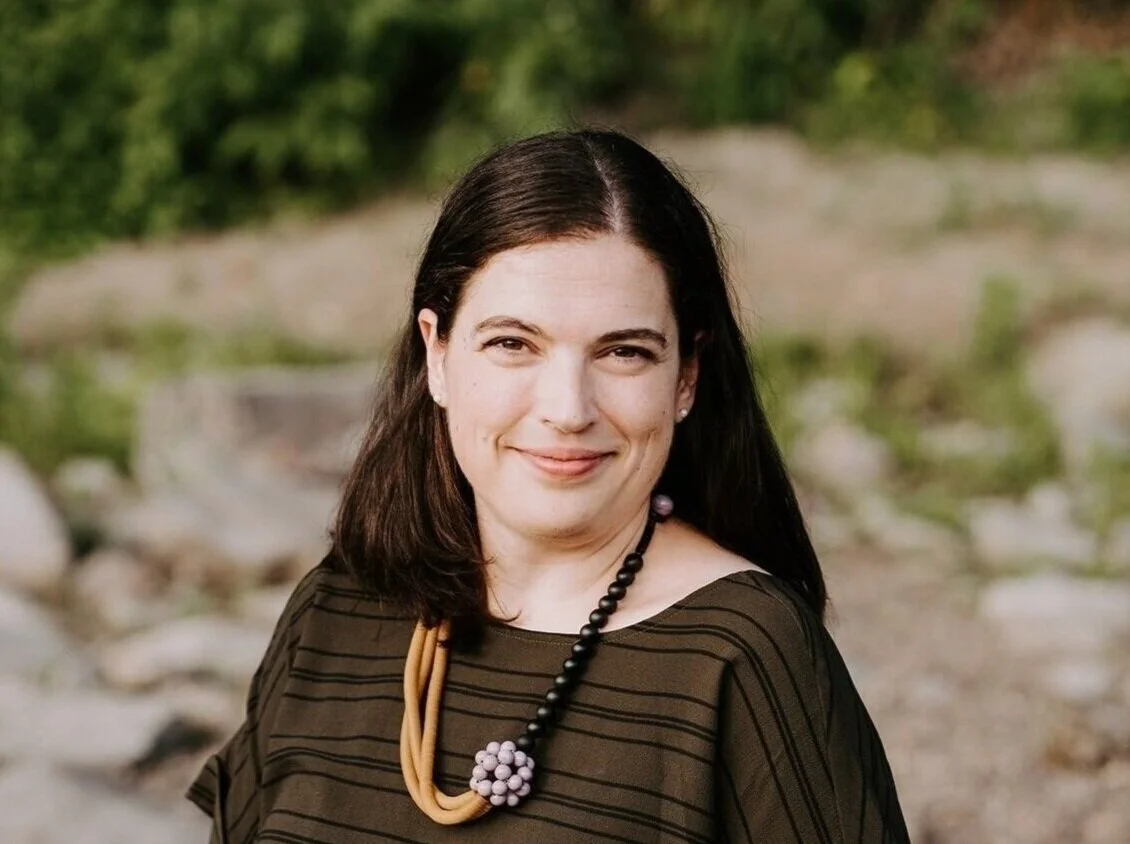7 PhD Lessons, as seen in The Met Museum
/I just finished my first year as a Museum Studies PhD student at the Université du Québec à Montréal. I took all of the program's classes in this first year (!) and I've started research for my thesis on storytelling using digital media. It's been a very full year...
Here are some of the lessons I learned along the way, as illustrated by artworks in The Metropolitan Museum of Art.
1. CELEBRATE YOUR VICTORIES, BIG AND SMALL
Fragment of a gold wreath, Greek, ca. 320-300 B.C.E.
I celebrated a lot this year. It felt important to acknowledge the big and small efforts that went into the successful completion of a year of doctoral endeavors. I celebrated turning in papers, I celebrated fruitful meetings, I celebrated getting through impossibly long days, I celebrated tracking down obscure articles.
A PhD is a lot of work over many years. Why not approach the process with gratitude and festivity?
2. FIND A COMFORTABLE PLACE TO WRITE
Saint Bridget of Sweden, Master of Soeterbeeck, South Netherlandish, ca. 1470, walnut with rock crystal cabochon
I have a really hard time writing at home. I cannot concentrate and I often feel overwhelmed. But plop me in a bustling café, and I am a superhero at producing articles. Out of the house, I can focus, and the anxiety of a seemingly endless task list seems more manageable.
Maybe for you, working at home at your desk is the best solution. Maybe you're a library person. But find the setting that best facilitates word flow, and go there consistently.
3. FIGHT THE NASTY VOICES IN YOUR HEAD
Detail from Nine Stained Glass Fragments, French, from the Cathedral of Saint-Étienne, Bourges, painted 1200-1215, pot-metal glass, vitreous paint, lead
If I am honest, I sometimes feel like a fraud. Ah, imposter syndrome. But these fears cannot be trusted, and we have to keep putting ourselves out there and risking failure. Brené Brown says, "You can choose courage, or you can choose comfort, but you cannot choose both." We need to be courageous with our academic, professional, and personal endeavors; and it can get uncomfortable.
If you deal with imposter syndrome, have a look at this story by Neil Gaiman. And then do the best job you can.
4. SURROUND YOURSELF WITH CREATURE COMFORTS
Shock Dog, Anne Seymour Damer, English, probably 1782, Carrara marble
With all the work and anxiety that comes with a PhD program, self-care is essential. For me, this has meant making my living space as cozy as possible. My desk is covered with plants, a pretty tablecloth, and loads of candles. I've hung framed images and quotes that inspire me on the walls around it. It makes me so happy and peaceful to sit there every morning to plan my day.
I would highly recommend finding a room of your own (even if it's just a desk) and making it a rejuvenating space.
5. GET LOTS OF REST
A Maid Asleep, Johannes Vermeer, ca. 1656–57, Dutch, oil on canvas
I have a reputation with my cohort as a couche-tôt, or someone who goes to bed early. I have started waking up at 5am (who am I??), which means I need to go to bed at a ridiculously early hour to accommodate that.
It goes without saying, but sleep makes the whole thing possible.
6. FOSTER CREATIVITY OUTSIDE OF SCHOOL
Musical Angel, French, carved about 1450-1500, wood
There is no doubt that a PhD program is a creative endeavor. But if your life is all about school, even when the academic pursuit is as noble as a doctorate, things can get out of whack. So, for something completely different, I bought a ukulele and learned how to play it. It gives me so much joy to strum and sing, and I have even composed a few songs.
Find a hobby that has nothing to do with your discipline and dive in.
7. REMEMBER WHY YOU LOVE YOUR SUBJECT
The Love Letter, Jean Honoré Fragonard, early 1770s, French, oil on canvas
I am occasionally startled by how much I love my PhD topic. I'll be reading an article, and all of a sudden I'll get excited about how well a certain concept lines up with my passions and experiences. Then I remember that, oh wait, I'm the one who chose my subject in the first place. It feels like falling in love all over again.
It can be helpful, in the daily grind of coursework and research, to be intentional about reminding yourself that you love your PhD subject. Try writing a short paragraph about why you are head over heals about your topic. Return to your original love.




























